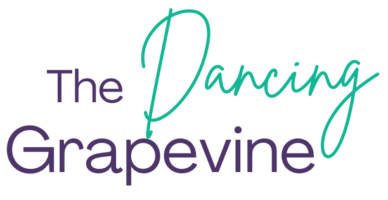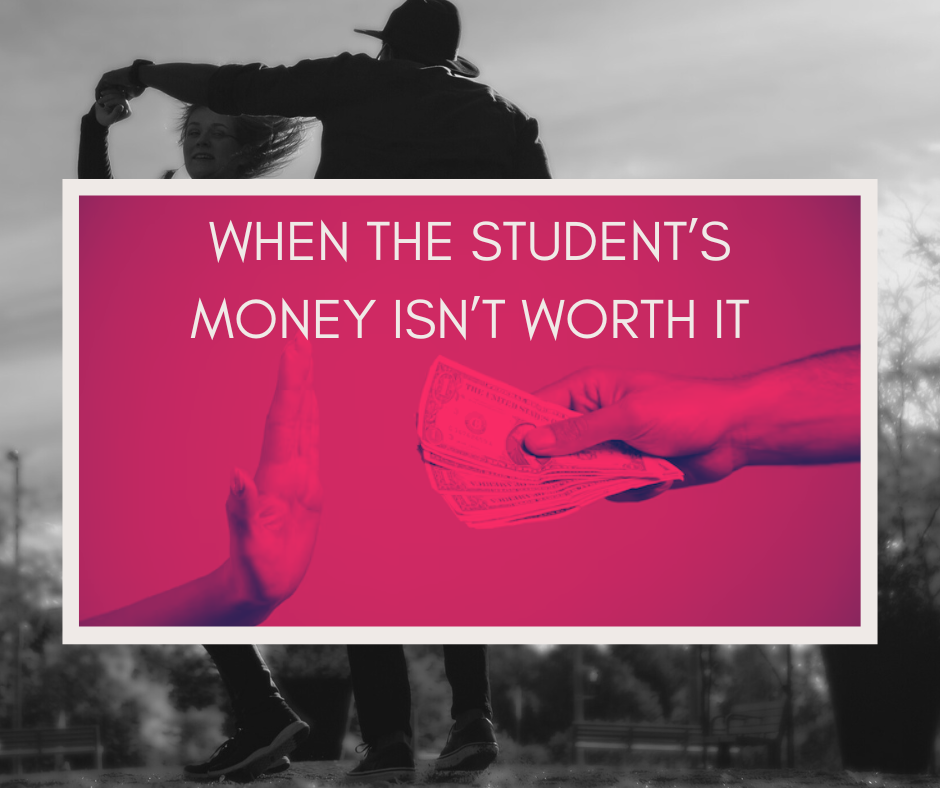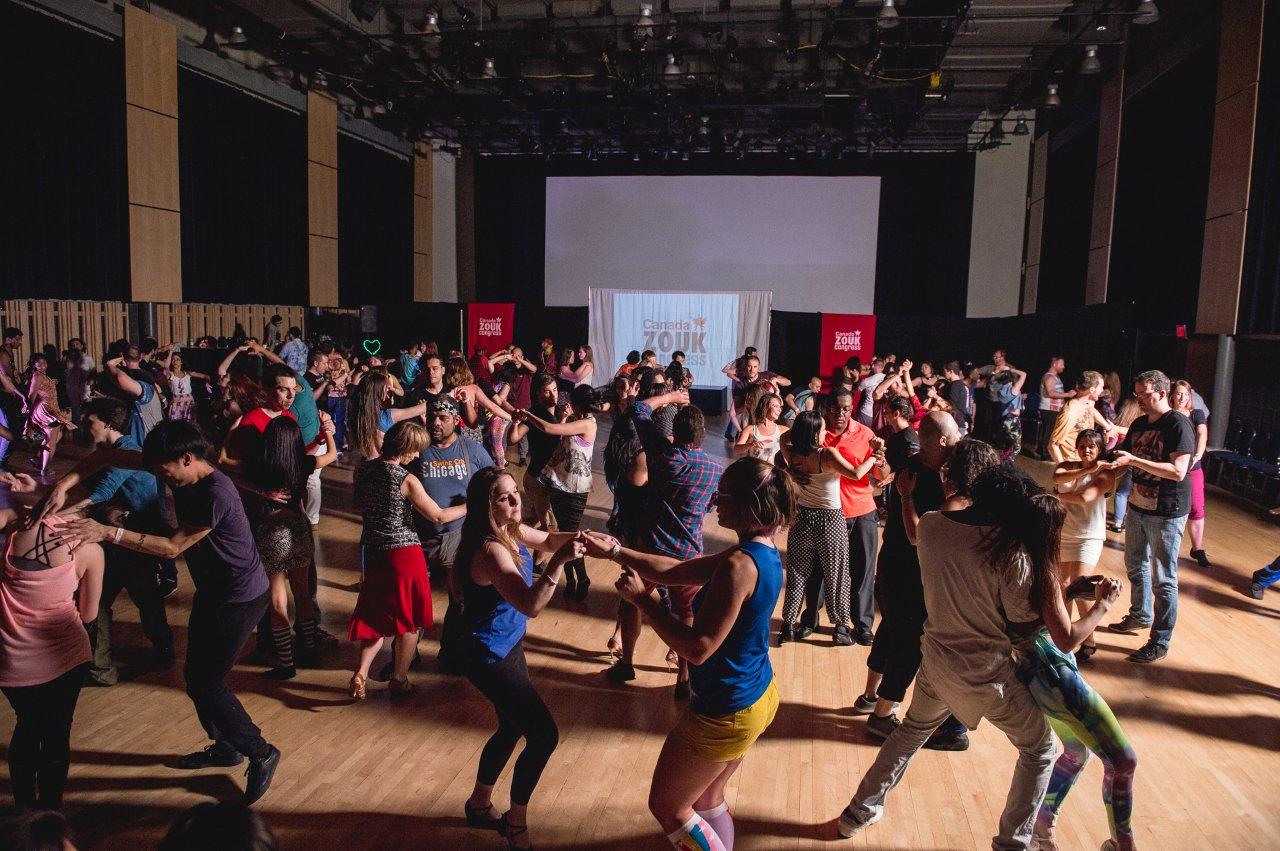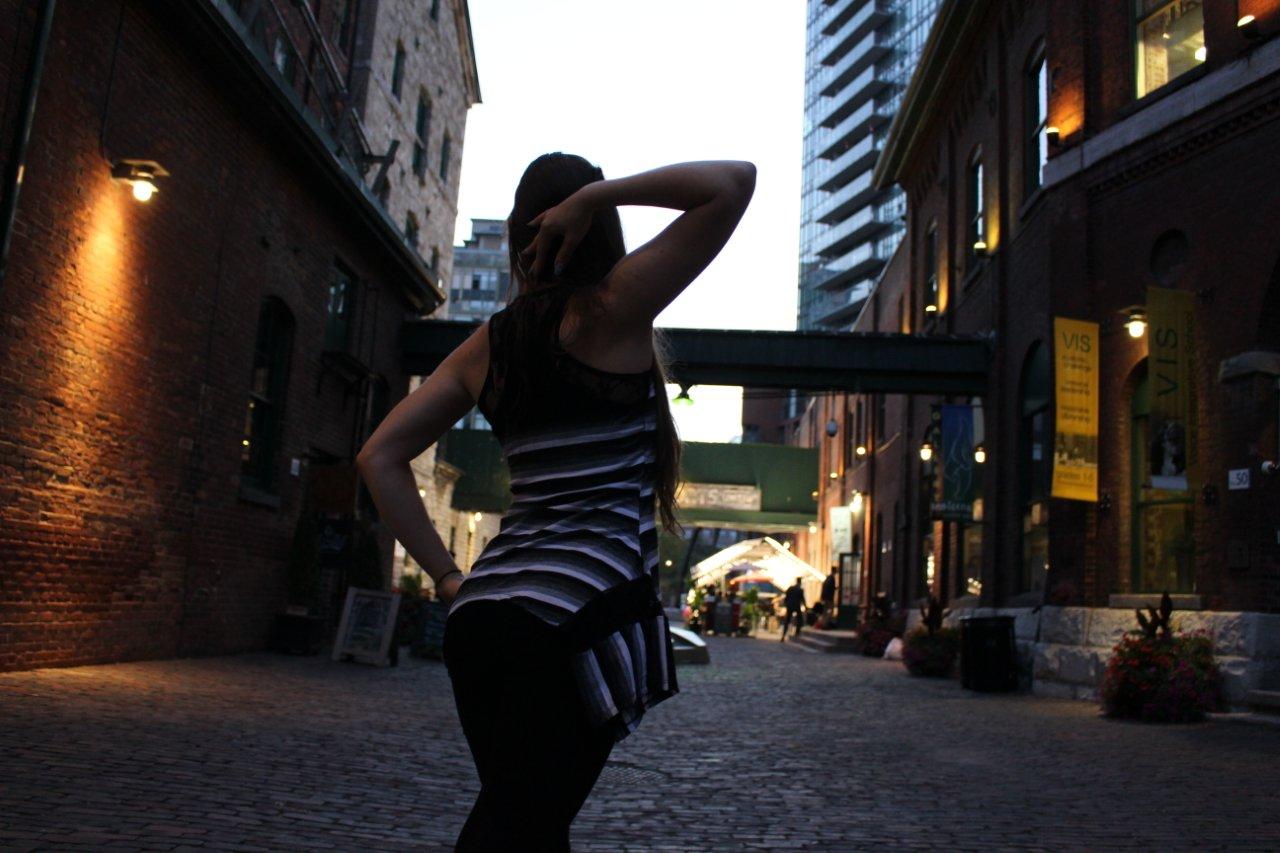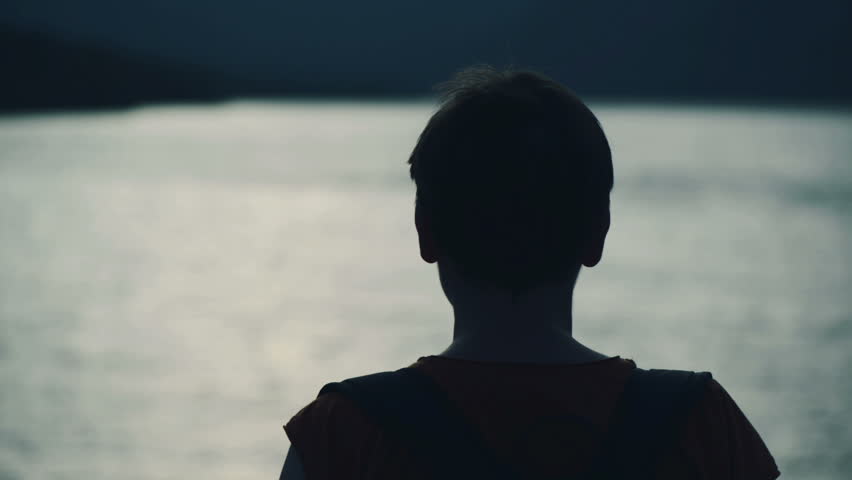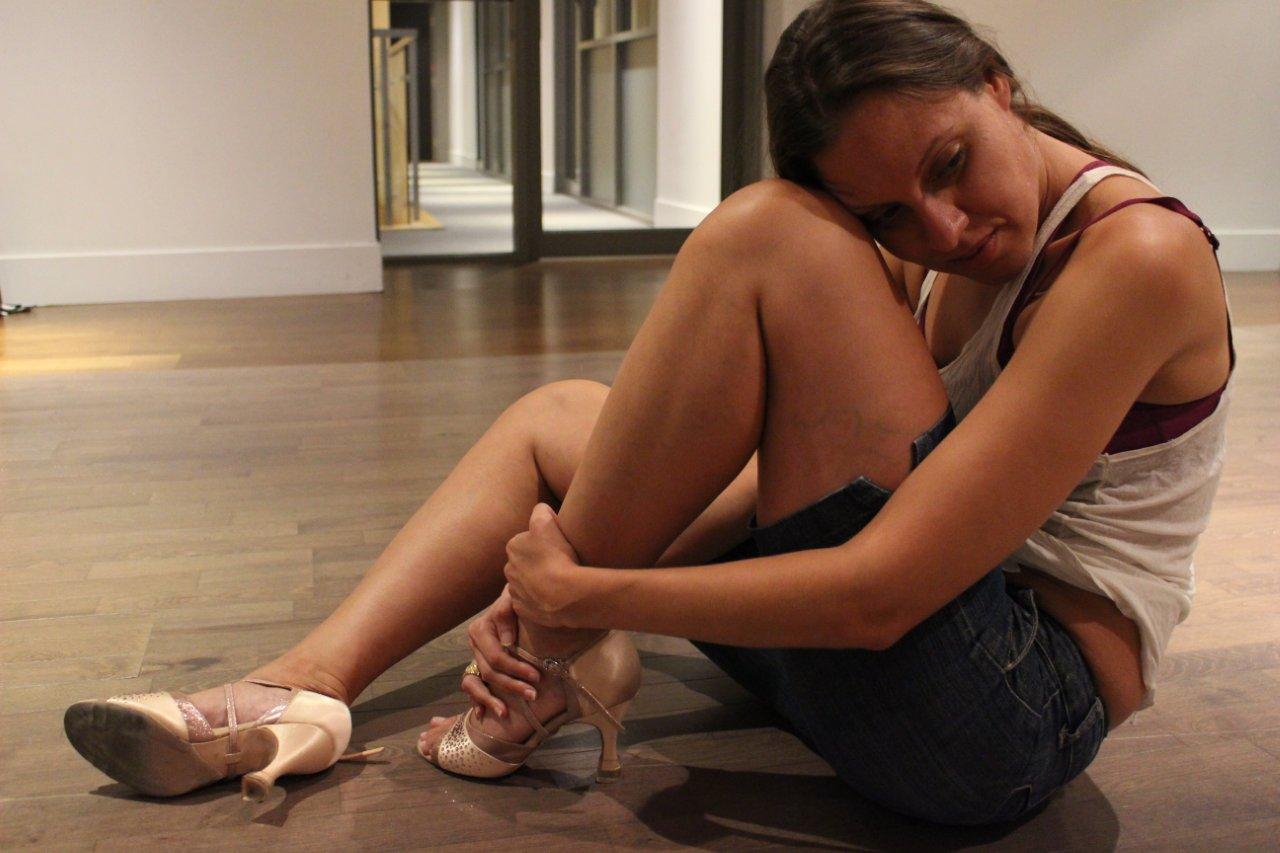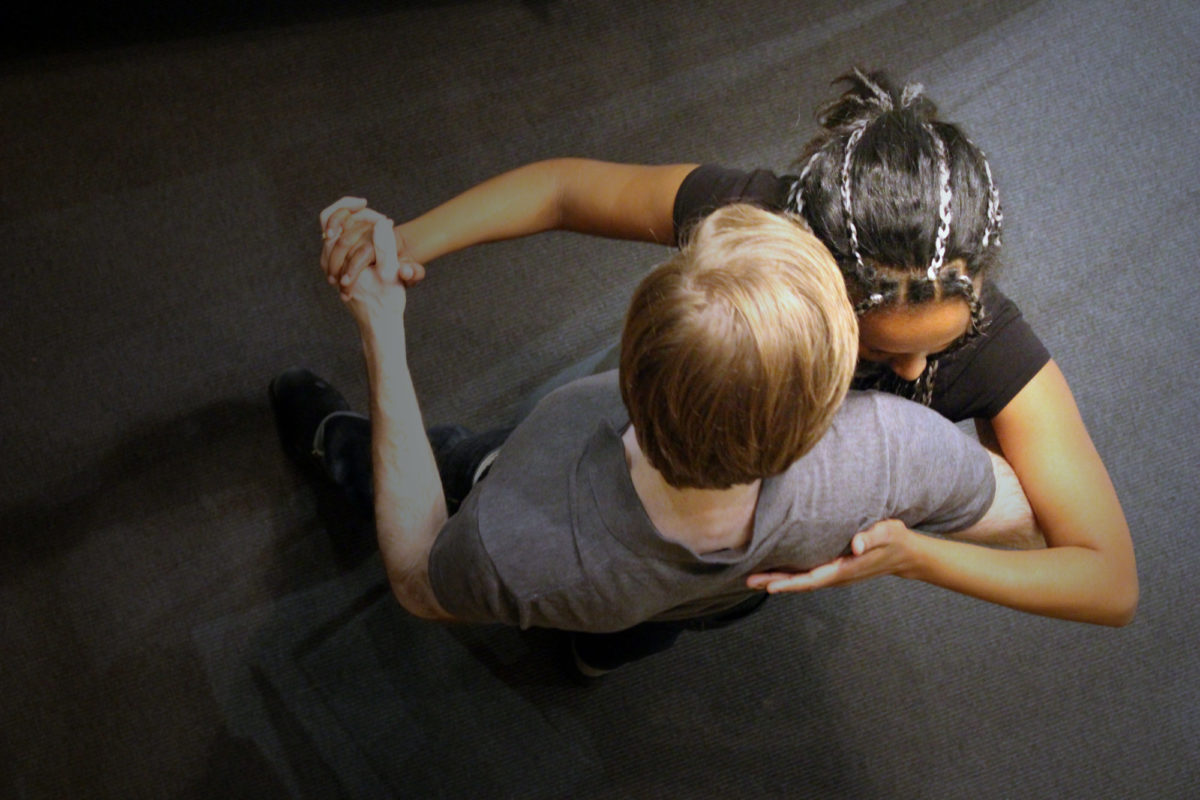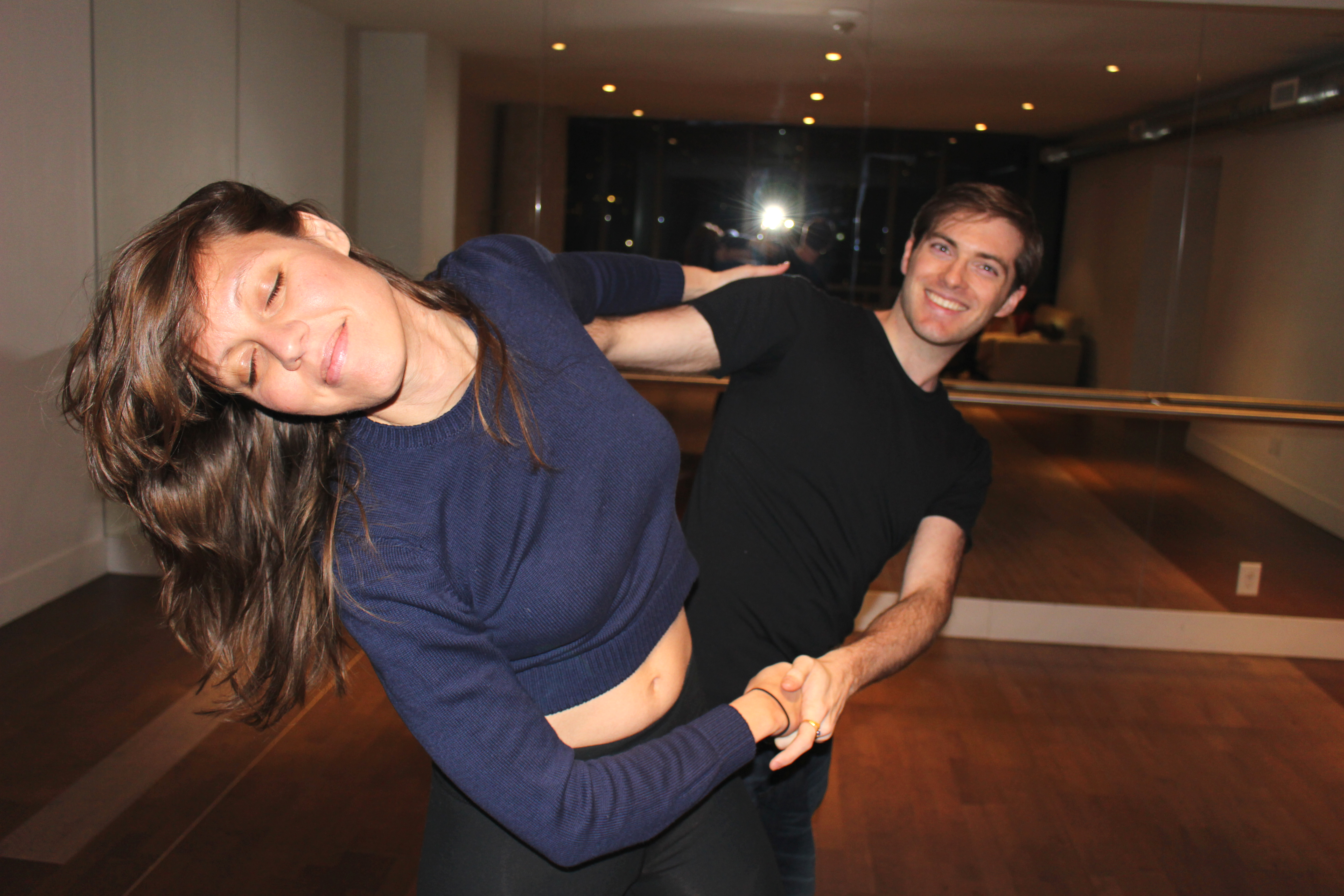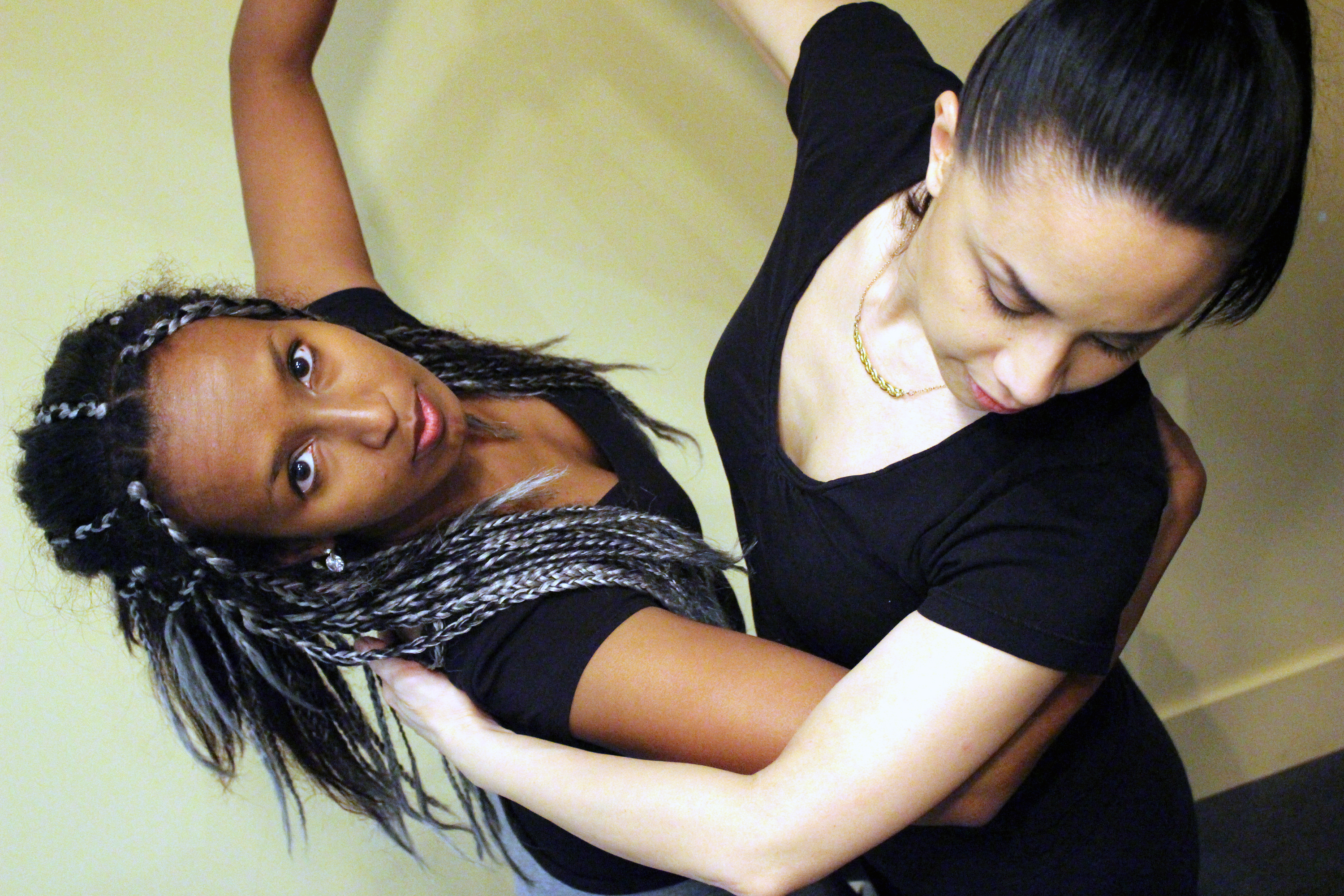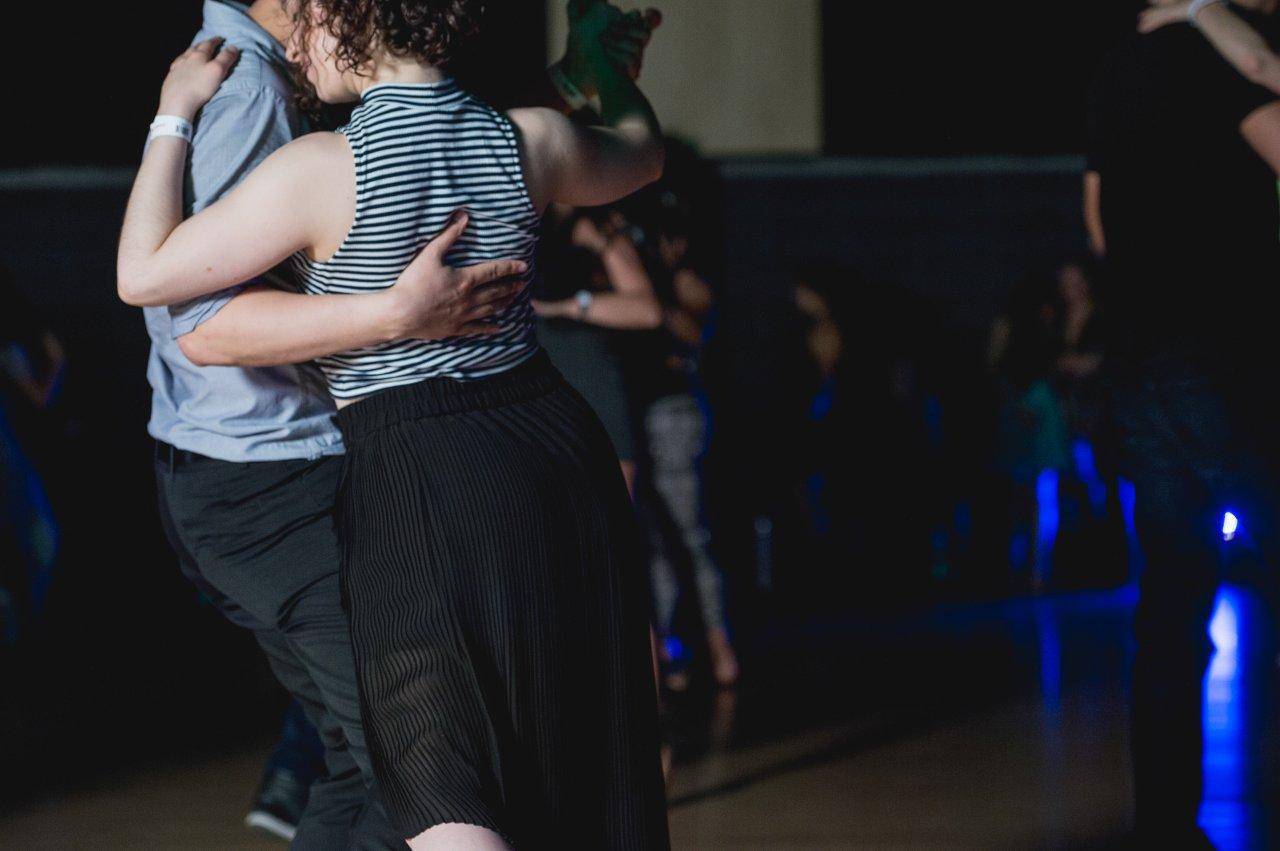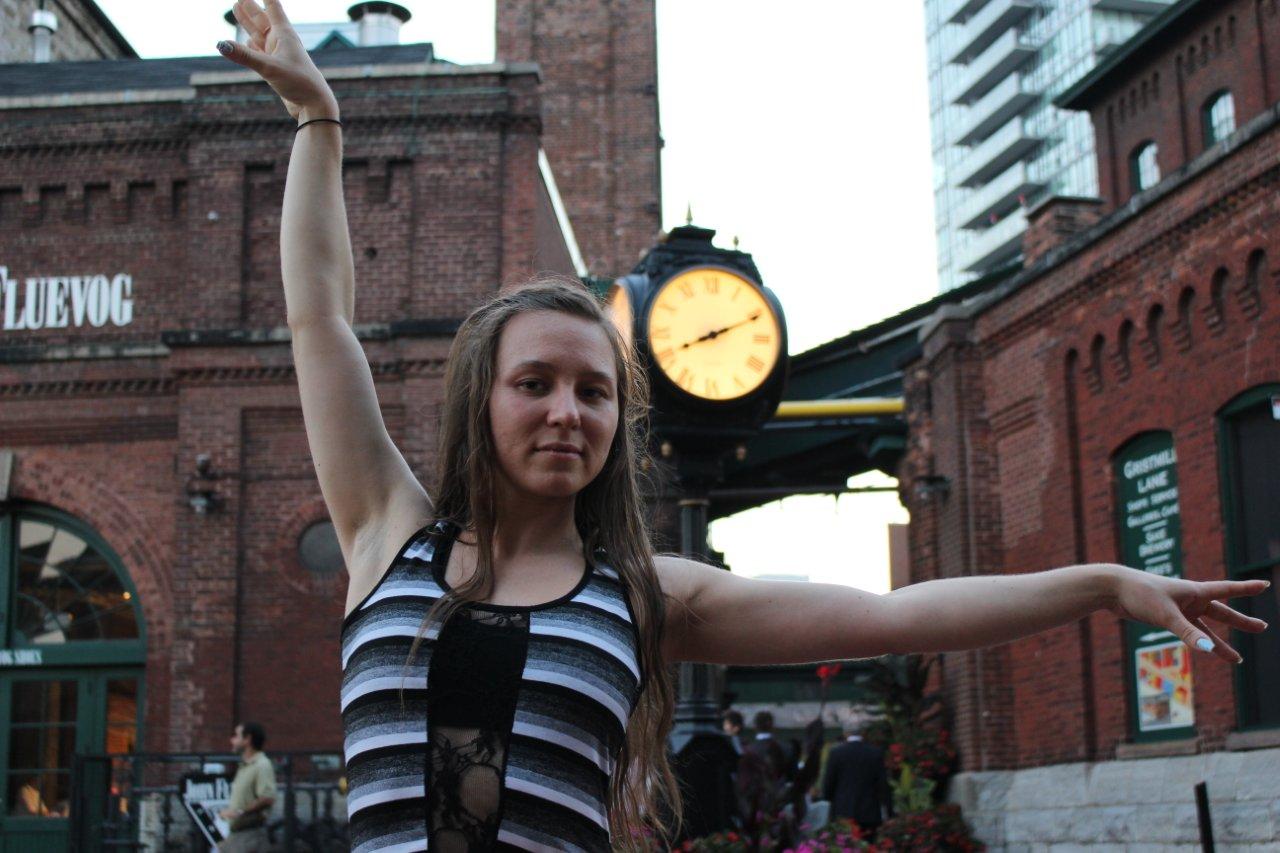If you’re a community leader or teacher in any capacity, you will eventually run across a student or attendee that exhausts you. In my experience, this is not about their skill level, ability, or financial situation – it is their attitude or behaviour. While a few people’s behaviour may reach the threshold of needing a ban, typically the individuals we are talking about today haven’t done anything ban-worthy; they’re simply… difficult. And sometimes, the difficulty in dealing with them means that it may not be worth it trying to retain them as a student or attendee. Here’s the three general…
-
-
There are so many events to choose from, which means there are some tough choices. For some attendees, part of that choice involves identifying organizers who appear to have the best interests at the community as part of their decision-making and planning. This list includes some of the things I consider to be good indications of ethical organization. While this list isn’t comprehensive, it includes some signs you can look for to get a sense for whether the organizer is building up and positively influencing the community. It also does not mean an event is unethical for not doing one of these…
-
I turn 30 today. I started dancing when I was almost 20 (except for the ballet class I got kicked out of at age 5). That means that I’ve been dancing just over 10 years. From my infancy in Salsa to my current status as a Brazilian Zouk organizer and teacher, it’s been a long journey. In those 10 years, my dancing, my role, and my outlook has changed and evolved. Things I used to think were clear are shades of grey. This blog (started in 2013? 14?) is a living testament to that; my first few posts are very,…
-
A while ago, I was in a workshop where the instructor told a story. She talked about a girl who spent the whole weekend waiting to be asked to dance. And, the entire weekend, no one asked her. She didn’t know why, but it became clear when the instructor asked a few more questions. She was sitting several rows of chairs back, on her phone, wearing a sweater, and avoiding eye contact. She had all the signals that normally mean “I don’t want to dance” – even though she really did. When Signals Don’t Match Sadly, many of the people who end…
-
Almost every scene has had a bad actor, ranging from lower-level he-said-she-said harassment to full, witnessed assault. Often, organizers and scene leaders are at a loss for an effective way to handle these issues. The default often goes one of three ways: The organizer does not want to deal with it and does not engage, resulting in no further action; The organizer takes the side of the alleged perpetrator because there isn’t enough “proof”; or, The organizer sides with the alleged victim(s), without careful consideration of the full story. I don’t think any of these directions is the appropriate way…
-
There’s a lot of conversations surrounding whether specific staff and artists at events are paid enough. Very often, these stories are either told from the perspective of an individual who (rightly) recognizes that an event isn’t paying the fair market rate for their services (and sometimes hiring a cheap replacement), or from an organizer lamenting the high costs of running an event. I’m both an organizer and an artist, but I also work as a non-artist staff member at Zouk events (running competitions). As a result, I’ve both hired staff and artists, and been hired by events. Regardless of what side of…
-
For many of us, whether professional or amateur, dance is a passion that we devote a substantial amount of time, energy, and money to. We engage in training, travelling, and practising to make our dance closer to our perceived ‘ideal’. However, for some of us, we end up burning ourselves out because we push too hard too often. We start losing motivation (and then get mad at ourselves for that decreasing motivation), which can eventually cause some of us to depart from the scene entirely. One of the biggest contributors to this burnout is that many of us don’t permit ourselves…
-
Have you ever had an unpleasant dance? Maybe your partner squeezed your hand too hard. Maybe they were generally off-time and a bit rough. What did you do? Did you fix your face into an unsatisfied scowl to teach them a lesson? If you did, you have engaged in what I call passive-aggressive feedback. What is passive-aggressive feedback Passive-aggressive feedback is when a dancer uses body language (or, in extreme cases, even words) to indicate to their partner how unhappy they are with the present situation, but does not offer any constructive information as to what the issue is or…
-
A while ago, I wrote an article about the many reasons that professionals don’t always social dance. However, beyond that, there seems to be a fundamental disconnect both in how advanced dancers treat newer dancers, and the way that new dancers treat their dance idols. In many places, this has led to a strange dynamic where advanced dancers almost shun newer ones, while new ones create dance queues and demonize advanced dancers who are not super generous in their dances. As a social dancer in some styles and a professional in others, I’ve been on both sides of the divide.…
-
In social dance, we often exist in a bliss bubble. We are used to physical touch and trusting those around us. But, these conditions also make it easy for people who are predators to manipulate or prey on us, our friends, and community members. More often than not, the first allegation against someone won’t get a lot of traction unless there is substantial proof. But, in most cases, predators don’t commit a one-off assault. Rather, there’s a pattern of behaviour. One person may have experienced dance floor groping; another may have been kissed by force. Then, you may find out…
-
Some of us complain that when we go to big events, congresses or festivals, we have a hard time getting dances. This specifically seems to affect solo travelers more than those coming with a large local group. These experiences can lead to us feeling deflated, insecure, and disillusioned. In some cases, it can even negatively colour the entire event experience. Others (particularly those who travel frequently) end up largely dancing with the same pool of desired and known partners. While this can be fun, it can also eliminate possible fantastic new partners. It also misses out on the thrills of bringing newer,…
-
Beginners are one of the most important parts of a growing dance community. They’re our future. But, if you look at the beginners in any scene, you’ll notice a few patterns: there are types of beginners. Not everyone falls neatly under one “type.” Most will have facets of several of the categories below. 1. The Terrified One You see them at socials. But, they barely dance. They may even reject dances with you, because they’re so scared of putting themselves out there. If you do manage to get them onto the floor, they may apologize for how “bad” they are.…
-
If you identify as an advanced dancer, remember that with great power comes great responsibility. (Yes, that’s incredibly corny. No, I don’t regret it.) When you become an advanced dancer, the superpower you gain is your awesome dance skills. You can use those skills to further your own pleasure and gain by holding them back from the newer dancers below you. Or, you can give those skills freely to the new dancers waiting to be inspired. “Waiting” to be inspired I say waiting to be inspired for a very specific reason: most newer dancers aren’t actually “inspired” by the dance…
-
Many social dance styles are increasingly putting more emphasis on the development of technical proficiency. This is great on several levels. It prevents injury, raises the level of dancing, and keeps upper-level dancers engaged. It promotes artistry and interpretation. It’s a conduit for dance growth. But, it runs the risk of shutting out people who definitely deserve to be a part of our communities. I recently read a Tango-based article that opens with the sentence “When people really get into tango, it becomes fairly evident that group classes and a few private lessons aren’t really enough.” Enough for what? Unless my…
-
Are you someone who constantly feels like you’re ‘taking one for the team’ when you go dancing or get involved in the community? You might be a dance martyr. Dance martyrs are characterized by feeling like they’re sacrificing their own joy, standard of living, or other happiness by giving back to the dance scene. Dance martyrs can be anyone. They can be the dancer who begrudgingly accepts every dance – even if they didn’t want to. It can be the volunteer who makes the organizer feel guilty asking for help. It can be the professional who makes people feel obligated to support…
